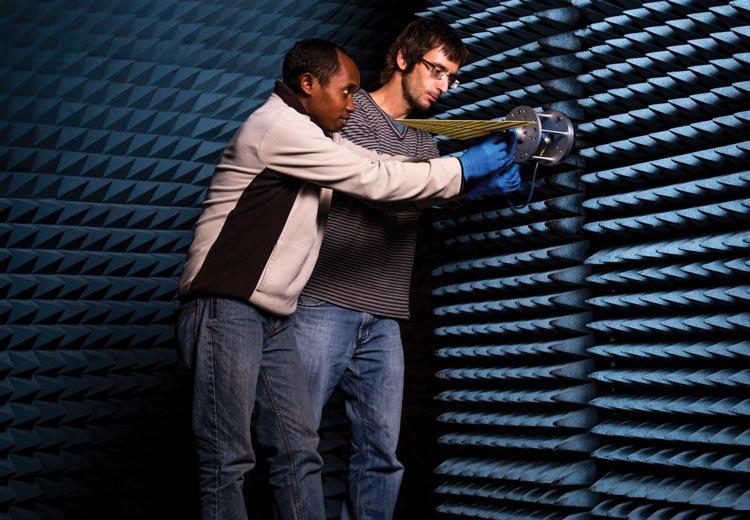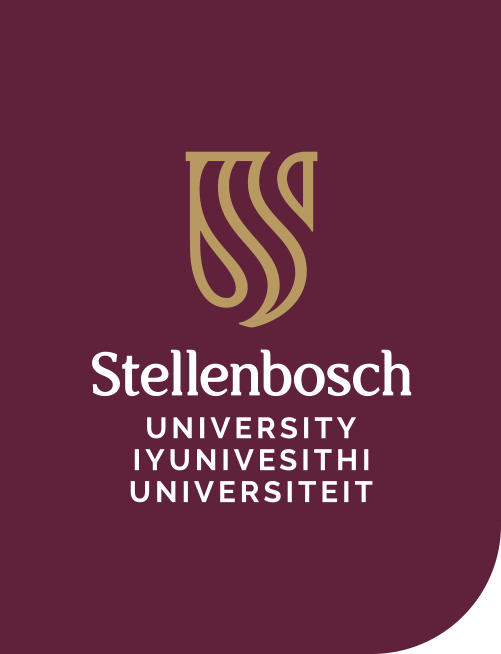Stellenbosch University delivers research for impact

Sponsored by

Sponsored by

Researchers at South Africa’s Stellenbosch University responded quickly to the demands of the Covid-19 pandemic, demonstrating agility in their approach and a focus on the future
In its mission to become Africa’s leading research-intensive university, Stellenbosch University (SU) has demonstrated a stellar performance over the course of the pandemic. Its strategy is built around six core themes, one of which is “research for impact”, and its academics and researchers have lived up to this pledge.
Examples of research in action over the course of the pandemic include genomic sequencing to document the spread of coronavirus – conducted in collaboration with several other South African universities – and research into biomarkers that can predict the severity of the virus in patients.
Interdisciplinary working plays an important role in the university’s research goals, whether that’s within South Africa or addressing wider challenges such as the effects of increased globalisation.
The university has identified five strategic research areas: the natural environment; health and human security; social justice and development; human creativity and social innovation; and systems and technologies for the future.
“Training and investing in young academics so that they can become skilled researchers whose work focuses on making a societal impact and finding solutions to societal challenges is imperative,” says Wim de Villiers, rector and vice-chancellor of SU. “We have seen this with Covid-19 over the past year, when academics and researchers contributed to various initiatives to respond to the pandemic’s impact across the continent.”
Two initiatives at SU, among others, support its development of academics and research. First, its African Doctoral Academy, which was launched in 2009 to deliver doctoral training across Africa and has been offered remotely during the pandemic. The academy provides training on teaching in a digital world, supervising a PhD, academic writing and mixed-methods research. The academy will continue to run virtually even as campuses reopen.
Second, in June 2021, the university launched its School for Climate Studies, which focuses on interdisciplinary research to tackle issues around sustainability. Working with other institutions nationally and internationally allows SU researchers to find synergies with other teams that will contribute to the UN’s Sustainable Development Goals. SU is a member of several global networks, including the Global Alliance of Universities on Climate, Venice International University and the African Research Universities Alliance.
SU is not concentrating just on responding to the demands of the physical environment. The university intends to position itself as an agile institution with a research focus on Society 5.0 – a society that is human-centred and balances economic advancement with solving social problems.
According to Hester Klopper, deputy vice-chancellor for strategy, global and corporate affairs at SU, this has forced the university to reflect on its strategy, structures and processes so it can cope with future disruptions and to review its academic programmes to ensure that they meet society’s demands and prepare students for the changing world of work.
Technology plays a pivotal rolein helping SU achieve these aims and has been vital to its response to the Covid-19 pandemic. Students have been able to choose between attending lectures in-person or joining remotely, and they have access to digital platforms that enhance their learning experience.
Meanwhile, SU’s School for Data Science and Computational Thinking, launched in 2019, offers interdisciplinary and transdisciplinary digital studies that will deliver skills fit for the future. “In being agile, universities can ensure they continue to play an integral role in Society 5.0, generating knowledge that serves society and the futures to follow,” Klopper says.
Find out more about Stellenbosch University.